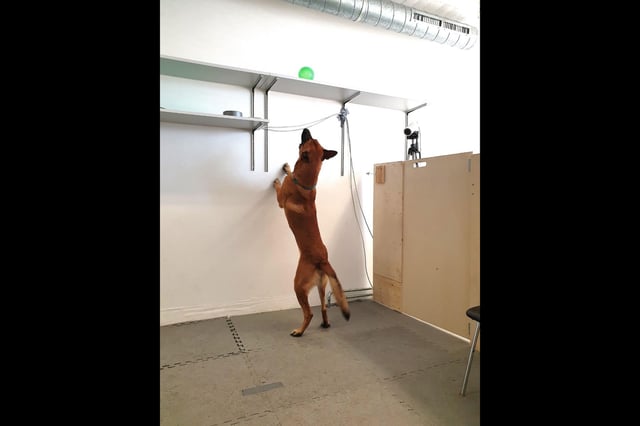Overview
- The Scientific Reports paper published October 9 tested 105 pet dogs and classified 33 as exhibiting addictive-like responses toward a preferred toy.
- Observed behaviors included intense fixation, foregoing food or owner interaction, persistent attempts to access an unavailable toy, and delayed calming after toys were removed.
- Experiments used owner-selected favorite toys and standardized tasks, such as placing the toy on a shelf or in a closed box against freely available food, to measure persistence and priority.
- Results linked higher tendencies to certain breeds, with terriers and shepherds overrepresented, and associated puppyhood behaviors with later toy fixation, with follow-up demographic work submitted.
- An unpublished owner survey of about 1,600 dogs suggested roughly 3% may show such patterns, while an external addiction expert urged more data on chronicity and harm and the authors advised varied, cooperative play over repetitive ball throwing.



